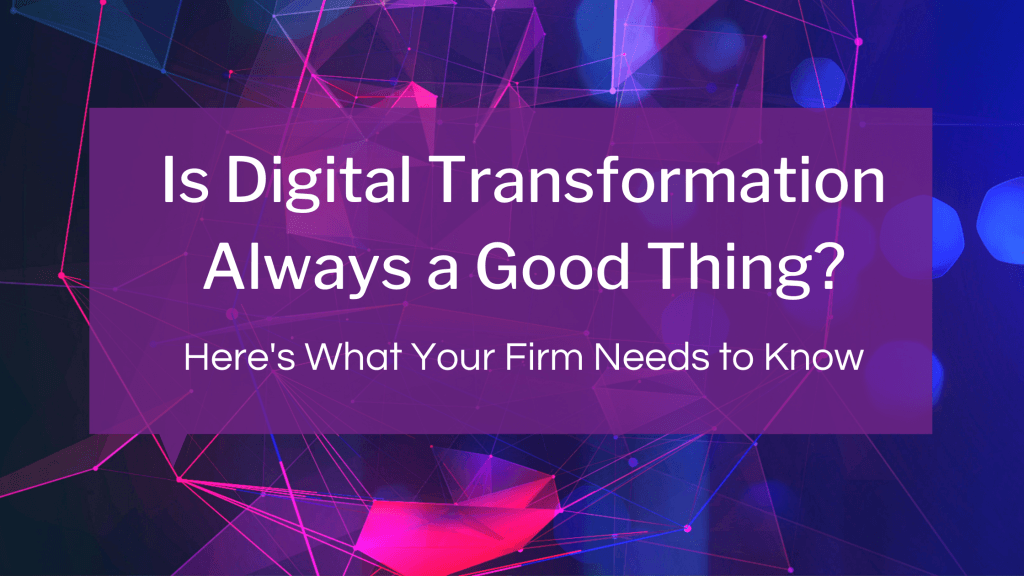5 min read
Digital Leadership Goals for Accounting Firms: Setting Strategic Priorities Across Leadership Levels
The digital landscape for accounting firms has fundamentally shifted. Every firm knows it needs a comprehensive digital transformation strategy—one...



 David Toth
David Toth



